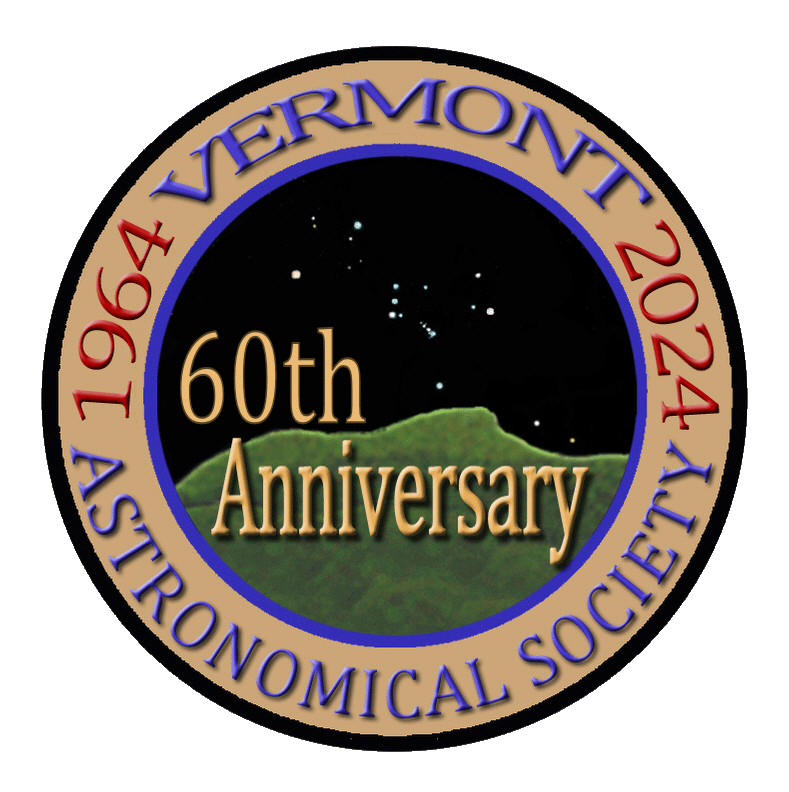The Propeller Nebula (Simeis 57 ; DWB111/119 ) is an emission nebula (primarily HII/Ha) found in the Constellation Cygnus (Cyg). It is located within a region in Cygnus known as Cygnus X Complex, a massive star formation region located at a distance from the Sun of about 4,600 light years.
The Propeller Nebula consists of two major regions: the southern ‘blade’ of the propeller known as DWB 111 (bottom in photo), and the northern blade of the propeller known as DWB 119 (top in photo). At least one previous study postulates that the unique propeller shape is a consequence of an outflow from a rotating source. The star that is believed to excite the nebula, HD193793, is off screen. The actual distance of the Propeller Nebula from the Earth is not yet known.
This image is rendered in a unique palette called the Foraxx palette, which makes use of dynamic (as opposed to fixed/static) narrowband combinations using PixInsight's Pixel Math, as published by The Coldest Nights. Foraxx images have more bronze-colors in them, and less dominant blues. In the case of the Propeller Nebula, there is so little SII/OIII that this palette doesn't detract from the nebula's structure.
Capture Date: 9/16/23
ASI2600MM Pro (Monochrome camera)
ZWO AM5 mount with guiding via OAG and ASI174MM Mini
Light Frames [Total Exposure 4:50]
All light frames calibrated with dark, flat, and bias frames
Pre- and post-processed in PixInsight
Additional post-processing in Photoshop for exposure adjustments and generation of jpeg
The Propeller Nebula (Simeis 57 ; DWB111/119 ) is an emission nebula (primarily HII/Ha) found in the Constellation Cygnus (Cyg). It is located within a region in Cygnus known as Cygnus X Complex, a massive star formation region located at a distance from the Sun of about 4,600 light years.
The Propeller Nebula consists of two major regions: the southern ‘blade’ of the propeller known as DWB 111 (bottom in photo), and the northern blade of the propeller known as DWB 119 (top in photo). At least one previous study postulates that the unique propeller shape is a consequence of an outflow from a rotating source. The star that is believed to excite the nebula, HD193793, is off screen. The actual distance of the Propeller Nebula from the Earth is not yet known.
This image is rendered in a unique palette called the Foraxx palette, which makes use of dynamic (as opposed to fixed/static) narrowband combinations using PixInsight's Pixel Math, as published by The Coldest Nights. Foraxx images have more bronze-colors in them, and less dominant blues. In the case of the Propeller Nebula, there is so little SII/OIII that this palette doesn't detract from the nebula's structure.
Capture Date: 9/16/23
Celestron EdgeHD 8 with 0.7x Reducer (fL = 1422mm)
ASI2600MM Pro (Monochrome camera)
ZWO AM5 mount with guiding via OAG and ASI174MM Mini
Light Frames [Total Exposure 4:50]-- Ha; 300 sec x 20 = 1:40-- OIII; 300 sec x 18 = 1:30-- SII; 300 sec x 20 = 1:40
All light frames calibrated with dark, flat, and bias frames
Pre- and post-processed in PixInsight
Additional post-processing in Photoshop for exposure adjustments and generation of jpeg
Hey Greg, super image. Very cool and haven't seen this one before. Learning something new here with the forax palette, thanks! There is just so much in Cygnus to see, you can spend a whole year photographing its delights.. in fact if you live in Vermont, it may take a lifetime given how many clear nights we get!
best,
Terri
Thanks, Terri! You're right about things taking a lifetime here! 😀
Greg

